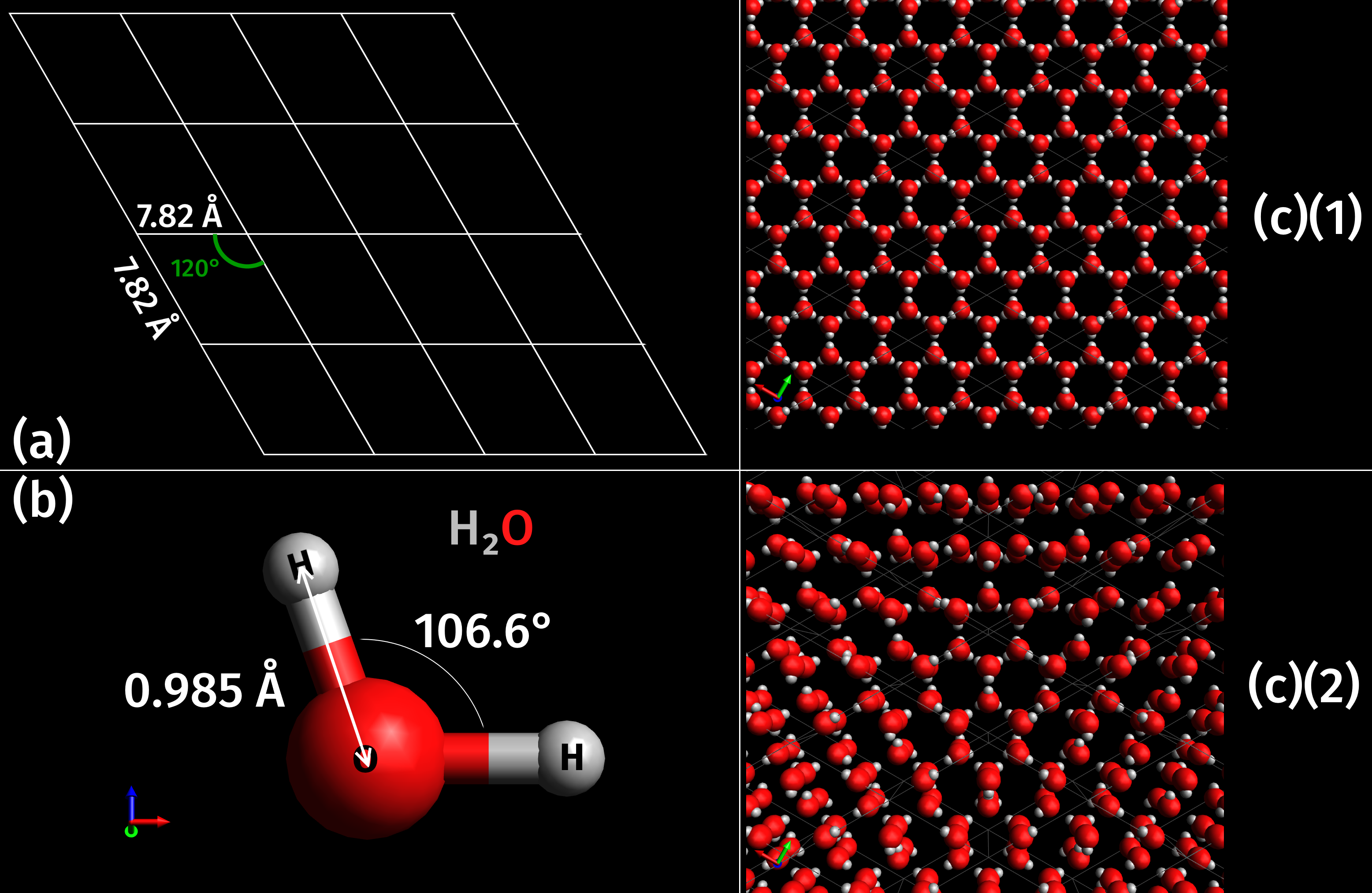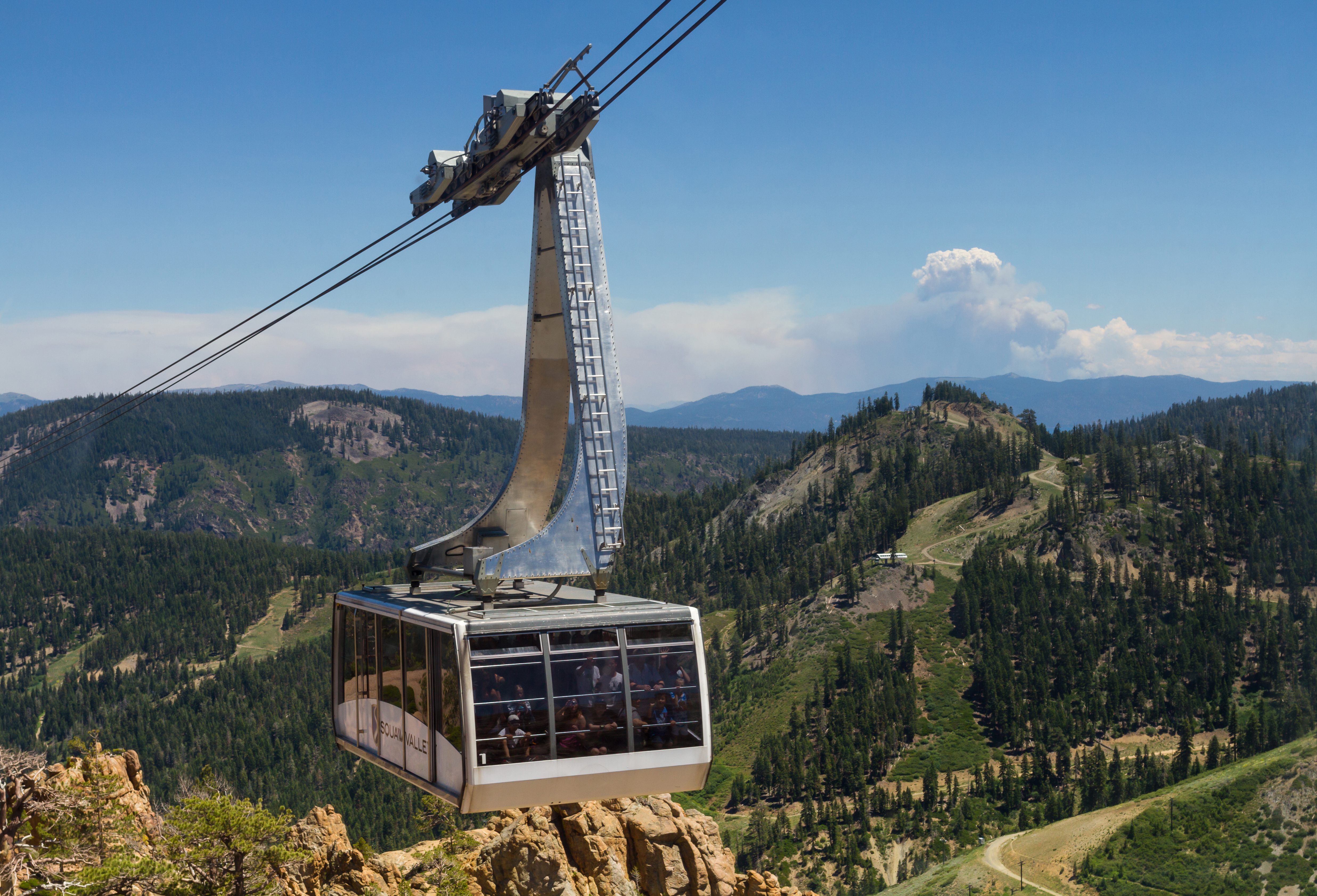|
Ulli Jansen
Ulrich Jansen (5 June 1931 - 19 July 2006) was a professional ice hockey player. He represented the United Team of Germany in the 1956, 1960, and 1964 Winter Olympics The 1964 Winter Olympics, officially known as the IX Olympic Winter Games () and commonly known as Innsbruck 1964 (), were a winter multi-sport event which was celebrated in Innsbruck, Austria, from January 29 to February 9, 1964. The city was a .... References External links * 1931 births 2006 deaths German ice hockey goaltenders Ice hockey players at the 1956 Winter Olympics Ice hockey players at the 1960 Winter Olympics Ice hockey players at the 1964 Winter Olympics Olympic ice hockey players for Germany Olympic ice hockey players for the United Team of Germany Ice hockey people from Krefeld {{Germany-icehockey-bio-stub ... [...More Info...] [...Related Items...] OR: [Wikipedia] [Google] [Baidu] |
Goaltender
In ice hockey, the goaltender (commonly referred to as goalie or netminder) is the player responsible for preventing the hockey puck from entering their own team's net, thus preventing the opposing team from scoring. The goaltender mostly plays in or near the area in front of the net, called the ''Ice hockey rink#Crease, goal crease'' (often referred to simply as '' the crease''). Goaltenders tend to stay at or beyond the top of the crease to cut down on the angle of shots. In the modern age of goaltending there are two common styles, butterfly and hybrid (hybrid is a mix of the traditional stand-up style and butterfly technique). Because of the power of shots, the goaltender wears special equipment to protect the body from direct impact. Goaltenders are one of the most important players on the ice, as their performance may greatly impact the outcome or score of the game. One-on-one situations, such as breakaways and shootouts, have the tendency to showcase a goaltender's pure sk ... [...More Info...] [...Related Items...] OR: [Wikipedia] [Google] [Baidu] |
1931 Births
Events January * January 2 – South Dakota native Ernest Lawrence invents the cyclotron, used to accelerate particles to study nuclear physics. * January 4 – German pilot Elly Beinhorn begins her flight to Africa. * January 22 – Sir Isaac Isaacs is sworn in as the first Australian-born Governor-General of Australia. * January 25 – Mohandas Gandhi is again released from imprisonment in India. * January 27 – Pierre Laval forms a government in France. * January 30 – Charlie Chaplin comedy drama film ''City Lights'' receives its public premiere at the Los Angeles Theater with Albert Einstein as guest of honor. Contrary to the current trend in cinema, it is a silent film, but with a score by Chaplin. Critically and commercially successful from the start, it will place consistently in lists of films considered the best of all time. February * February 4 – Soviet leader Joseph Stalin gives a speech calling for rapid industrialization, arguing that only strong indus ... [...More Info...] [...Related Items...] OR: [Wikipedia] [Google] [Baidu] |
Olympic Ice Hockey Players For Germany
Olympic or Olympics may refer to Sports Competitions * Olympic Games, international multi-sport event held since 1896 ** Summer Olympic Games ** Winter Olympic Games * Ancient Olympic Games, ancient multi-sport event held in Olympia, Greece between 776 BC and 393 AD * Olympic (greyhounds), a competition held annually at Brighton & Hove Greyhound Stadium Clubs and teams * Adelaide Olympic FC, a soccer club from Adelaide, South Australia * Fribourg Olympic, a professional basketball club based in Fribourg, Switzerland * Sydney Olympic FC, an Australian soccer club * Olympic Club (Barbacena), a Brazilian football club based in Barbacena, Minas Gerais state * Olympic Mvolyé, a Cameroonian football club based in Mvolyé * Olympic Club (Egypt), a football and sports club based in Alexandria * Blackburn Olympic F.C., an English football club based in Blackburn, Lancashire * Rushall Olympic F.C., an English football club based in Rushall * FC Olympic Tallinn, an Estonian fo ... [...More Info...] [...Related Items...] OR: [Wikipedia] [Google] [Baidu] |
Ice Hockey Players At The 1964 Winter Olympics
Ice is water that is freezing, frozen into a solid state, typically forming at or below temperatures of 0 °Celsius, C, 32 °Fahrenheit, F, or 273.15 Kelvin, K. It occurs naturally on Earth, on other planets, in Oort cloud objects, and as interstellar ice. As a naturally occurring crystalline inorganic solid with an ordered structure, ice is considered to be a mineral. Depending on the presence of Impurity, impurities such as particles of soil or bubbles of air, it can appear transparent or a more or less Opacity (optics), opaque bluish-white color. Virtually all of the ice on Earth is of a Hexagonal crystal system, hexagonal Crystal structure, crystalline structure denoted as ''ice Ih'' (spoken as "ice one h"). Depending on temperature and pressure, at least nineteen phases of ice, phases (Sphere packing, packing geometries) can exist. The most common phase transition to ice Ih occurs when liquid water is cooled below (, ) at standard atmospheric pressure. When water is coo ... [...More Info...] [...Related Items...] OR: [Wikipedia] [Google] [Baidu] |
Ice Hockey Players At The 1956 Winter Olympics
Ice is water that is frozen into a solid state, typically forming at or below temperatures of 0 ° C, 32 ° F, or 273.15 K. It occurs naturally on Earth, on other planets, in Oort cloud objects, and as interstellar ice. As a naturally occurring crystalline inorganic solid with an ordered structure, ice is considered to be a mineral. Depending on the presence of impurities such as particles of soil or bubbles of air, it can appear transparent or a more or less opaque bluish-white color. Virtually all of the ice on Earth is of a hexagonal crystalline structure denoted as ''ice Ih'' (spoken as "ice one h"). Depending on temperature and pressure, at least nineteen phases ( packing geometries) can exist. The most common phase transition to ice Ih occurs when liquid water is cooled below (, ) at standard atmospheric pressure. When water is cooled rapidly (quenching), up to three types of amorphous ice can form. Interstellar ice is overwhelmingly low-density amorphous ice (LD ... [...More Info...] [...Related Items...] OR: [Wikipedia] [Google] [Baidu] |
German Ice Hockey Goaltenders
German(s) may refer to: * Germany, the country of the Germans and German things **Germania (Roman era) * Germans, citizens of Germany, people of German ancestry, or native speakers of the German language ** For citizenship in Germany, see also German nationality law **Germanic peoples (Roman era) *German diaspora * German language * German cuisine, traditional foods of Germany People * German (given name) * German (surname) * Germán, a Spanish name Places * German (parish), Isle of Man * German, Albania, or Gërmej * German, Bulgaria * German, Iran * German, North Macedonia * German, New York, U.S. * Agios Germanos, Greece Other uses * German (mythology), a South Slavic mythological being * Germans (band), a Canadian rock band * "German" (song), a 2019 song by No Money Enterprise * ''The German'', a 2008 short film * "The Germans", an episode of ''Fawlty Towers'' * ''The German'', a nickname for Congolese rebel André Kisase Ngandu See also * Germanic (disambiguati ... [...More Info...] [...Related Items...] OR: [Wikipedia] [Google] [Baidu] |
2006 Deaths
This is a list of lists of deaths of notable people, organized by year. New deaths articles are added to their respective month (e.g., Deaths in ) and then linked below. 2025 2024 2023 2022 2021 2020 2019 2018 2017 2016 2015 2014 2013 2012 2011 2010 2009 2008 2007 2006 2005 2004 2003 2002 2001 2000 1999 1998 1997 1996 1995 1994 1993 1992 1991 1990 1989 1988 1987 1986 Earlier years ''Deaths in years earlier than this can usually be found in the main articles of the years.'' See also * Lists of deaths by day * Deaths by year (category) {{DEFAULTSORT:deaths by year ... [...More Info...] [...Related Items...] OR: [Wikipedia] [Google] [Baidu] |
1964 Winter Olympics
The 1964 Winter Olympics, officially known as the IX Olympic Winter Games () and commonly known as Innsbruck 1964 (), were a winter multi-sport event which was celebrated in Innsbruck, Austria, from January 29 to February 9, 1964. The city was already an Olympic candidate, unsuccessfully bidding to host the 1960 Winter Olympic Games, 1960 Games. Innsbruck won the 1964 Games bid, defeating the cities of Calgary in Canada and Lahti in Finland. The sports venues, many of which were built for the Games, were located within a radius of around Innsbruck. The Games included 1,091 athletes from 36 nations, which was a record for the Winter Games at the time. Athletes participated in six Olympic sports, sports and ten disciplines which bring together a total of thirty-four official events, seven more than the 1960 Winter Olympic Games. The Luge at the 1964 Winter Olympics, luge made its debut on the Olympic program. Three Asian nations made their Winter Games debut: North Korea at the 196 ... [...More Info...] [...Related Items...] OR: [Wikipedia] [Google] [Baidu] |
1960 Winter Olympics
The 1960 Winter Olympics (officially the VIII Olympic Winter Games and also known as Squaw Valley 1960) were a winter multi-sport event held from February 18 to 28, 1960, at the Squaw Valley Resort (now known as Palisades Tahoe) in Squaw Valley (now known as Olympic Valley, California, Olympic Valley), California, United States. The resort was chosen to host the Games at the 1956 meeting of the International Olympic Committee (IOC). Squaw Valley was an undeveloped resort in 1955, so the infrastructure and all of the venues were built between 1956 and 1960 at a cost of . The layout was designed to be intimate, allowing spectators and competitors to reach most of the venues on foot. The 1960 Winter Games hosted athletes from 30 nations, competing in four sports and 27 events. Biathlon and women's speed skating made their Olympic debuts. Bobsled was not on the Winter Olympic program for the only time; the organizers had decided the events did not warrant the cost of building a bobs ... [...More Info...] [...Related Items...] OR: [Wikipedia] [Google] [Baidu] |
1956 Winter Olympics
The 1956 Winter Olympics, officially known as the VII Olympic Winter Games () and commonly known as Cortina d'Ampezzo 1956 ( or ), were a multi-sport event held in Cortina d'Ampezzo, Italy, from 26 January to 5 February 1956. Cortina, which had originally been awarded the 1944 Winter Olympics, beat out Montreal, Colorado Springs and Lake Placid for the right to host the 1956 Games. The Cortina Games were unique in that many of the venues were within walking distance of each other. The organising committee received financial support from the Italian government for infrastructure improvements, but the rest of the costs for the Games had to be privately financed. Consequently, the organising committee was the first to rely heavily on corporate sponsorship for funding. Thirty-two nations—the largest number of countries participating in the Winter Olympics until then—competed in the four sports and twenty-four events. Austrian Toni Sailer became the first person to sweep a ... [...More Info...] [...Related Items...] OR: [Wikipedia] [Google] [Baidu] |




